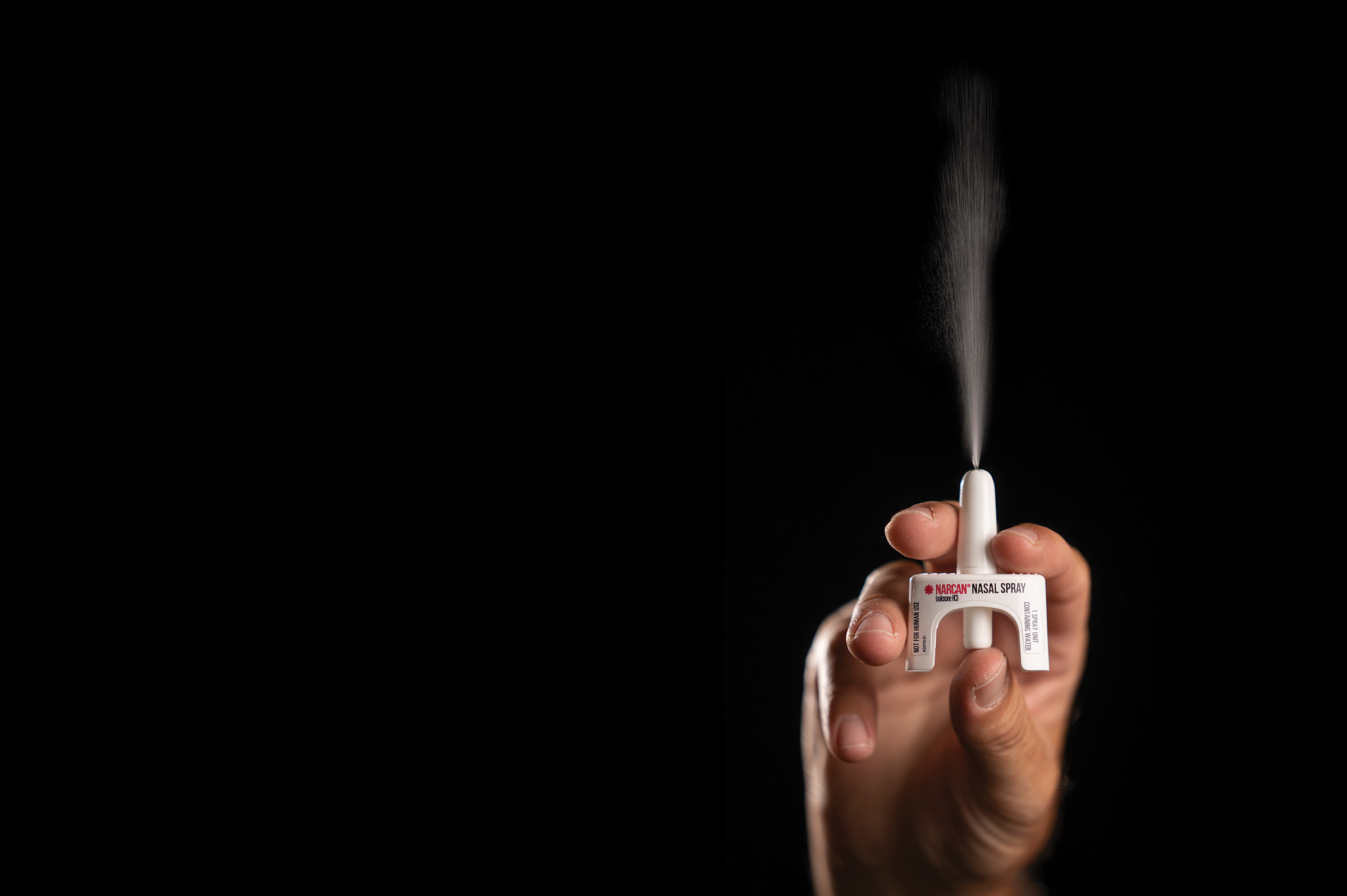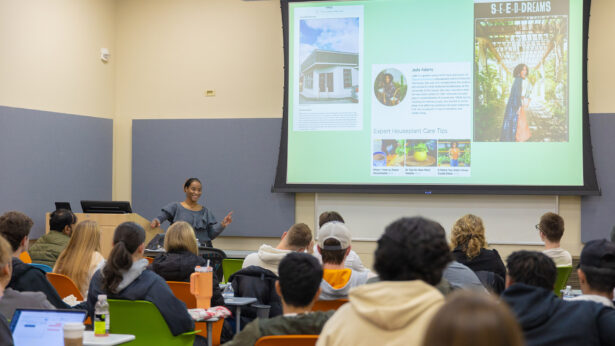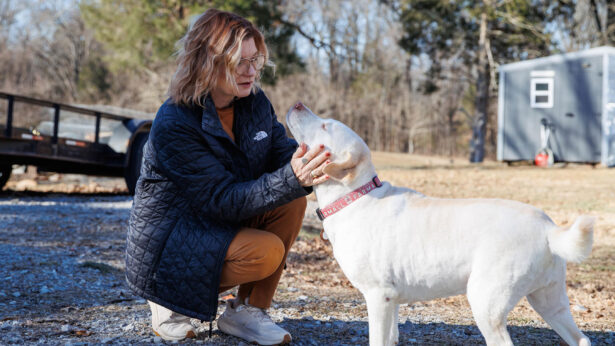By Susan Robertson | Photo illustration by Steven Bridges
When Alex MacPherson, a corporal with the Columbia Police Department, rushed into the bathroom, he saw a young woman in the bathtub and her boyfriend frantically splashing water on her, trying to revive her. MacPherson grabbed the vial of Narcan he carries and sprayed it up her nose.
“Within 30 to 45 seconds, she began breathing spontaneously, and within a minute or so she had opened her eyes and began regaining consciousness,” MacPherson says. MacPherson had participated in training provided by the UT Law Enforcement Innovation Center (LEIC) that was funded by the BlueCross BlueShield of Tennessee Health Foundation.
BlueCross received a grant to combat the widespread problem of opioid abuse in Tennessee. In 2016, Tennessee saw 1,631 deaths from drug overdoses, with 1,186 of those attributed to opioids, according to the Tennessee Department of Health.
The BlueCross Foundation reached out to LEIC to train law-enforcement officers across the state on using Naloxone, which goes by the brand name Narcan. The foundation also provided $215,000 to state law-enforcement agencies to purchase Narcan. Narcan is a proven tool in the battle against drug abuse and overdose death. When someone takes too much of an opioid medication, breathing can slow to a dangerously low rate. When breathing slows too much, death can occur. Narcan can reverse slow breathing, allowing the person to breathe normally again.
“We reached across the state to provide this training on how to respond to opioid overdoses to 350 to 600 law-enforcement professionals in Tennessee,” former LEIC Executive Director Don Green says. “We instructed them on the use and gave them the information to apply to BlueCross for the product at no cost to their jurisdictions. We were proud to be a part of this endeavor. Increasingly, incidents where law enforcement are called involve the use of drugs. It’s something we see more and more of these days.”
LEIC added the 15-minute training to its already scheduled STOP Domestic Violence training and other statewide courses. LEIC Training Specialist Chris Jones says the Narcan instruction made sense preceding domestic violence training, as many of those calls are often linked to drug and alcohol abuse. The overall grant program is part of a larger program by BlueCross to fight the growing opioid abuse problem. A $1.3 million grant is expanding statewide the successful Count It! Lock It! Drop It! program of the Coffee County Anti-Drug Coalition.
“Opioid abuse is a complex issue that takes multiple efforts to address,” says Dawn Abel, BlueCross director of community relations and foundations. “We see this partnership with the Law Enforcement Innovation Center as another effective tool to fight the problem.”
In addition to training as part of the BlueCross BlueShield grant, LEIC serves as an advocate on life and death issues related to overdoses.



